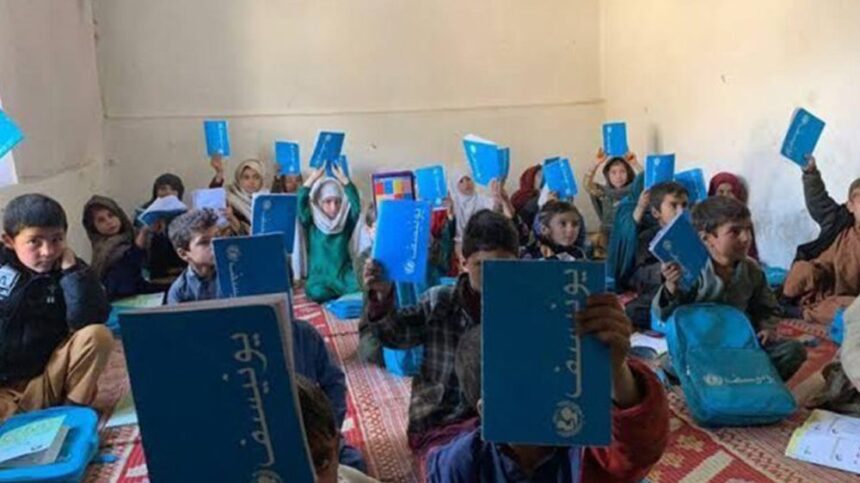RASC News Agency: Credible sources in Bamiyan province have reported that local Taliban authorities have shut down accelerated educational programs supported by the United Nations Children’s Fund (UNICEF). These programs, funded by UNICEF and implemented by local organizations, were designed for girls who had dropped out of school and those below the sixth grade. According to the sources, the Taliban’s head of education in Bamiyan ordered the closure of these classes, as confirmed on Wednesday, November 27. The Taliban have not provided any explanation for this action. Recently, similar closures have occurred in Uruzgan province, where the Taliban also suspended educational initiatives supported by UNICEF and the Norwegian Refugee Council.
In addition, the Taliban had previously shut down aid-sponsored educational programs in Helmand and Kandahar provinces. A source in Kandahar revealed that the closures were justified by the Taliban on the grounds that the curriculum allegedly contradicted their ideological principles. Currently, under Taliban rule, women and girls in Afghanistan are entirely barred from pursuing education. The group has also restructured educational curricula to align with its rigid policies. Over the past three years, the Taliban have exhibited outright antagonism toward women’s education, firmly opposing any opportunities for Afghanistani women and girls to become literate or academically empowered.
Although the Taliban claim these restrictions are grounded in Islamic principles and Sharia law, religious scholars and analysts argue otherwise. They contend that the group’s actions stem more from its tribal and ethnic ideology than from genuine religious doctrine. In the Pashtunwali culture, deeply ingrained in Taliban ideology, a woman’s role is confined to the home, and the “ideal woman” is an uneducated one.






